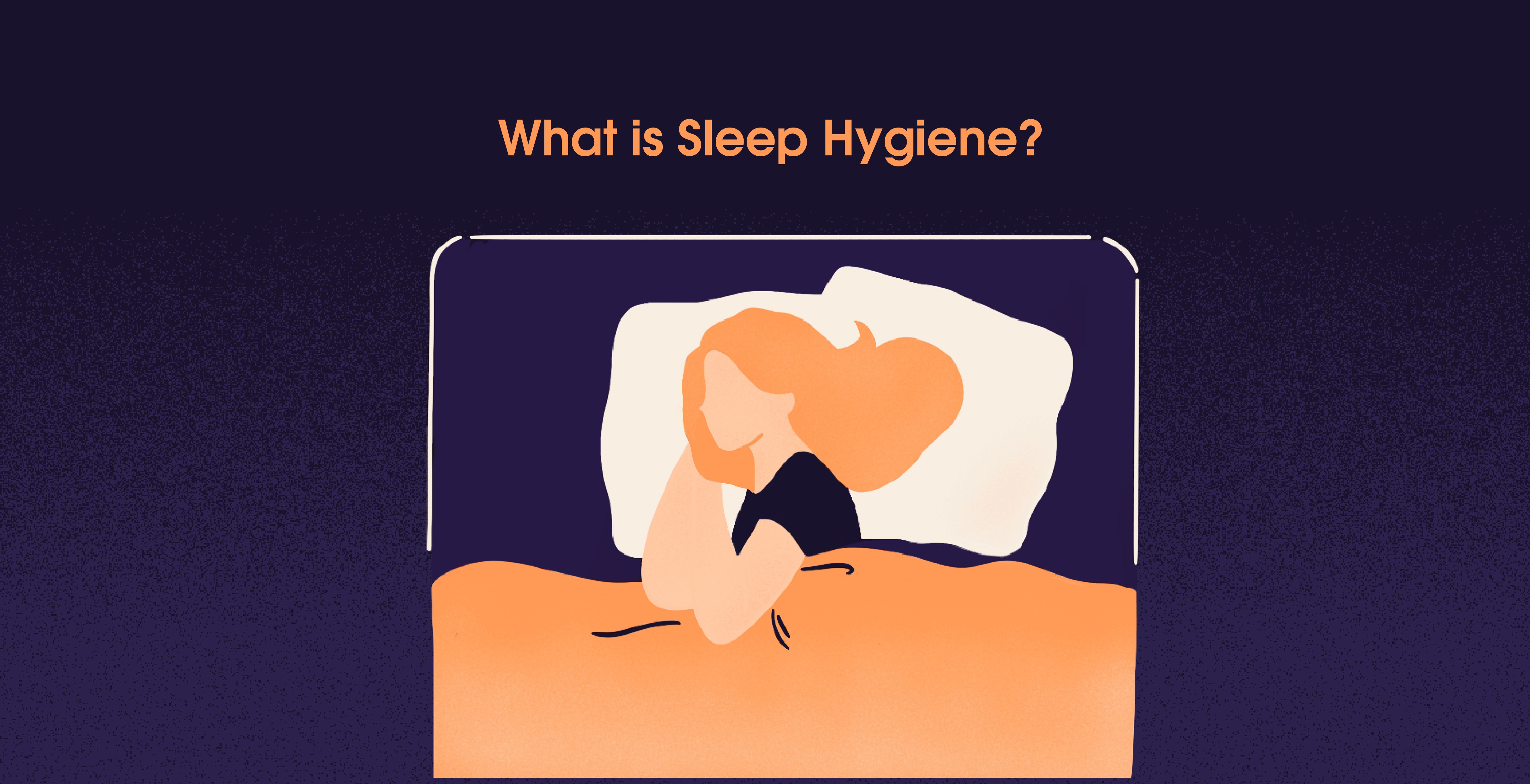How Blue Light Messes with Your Sleep
Nov 4, 2024
Sayfali Rawlani
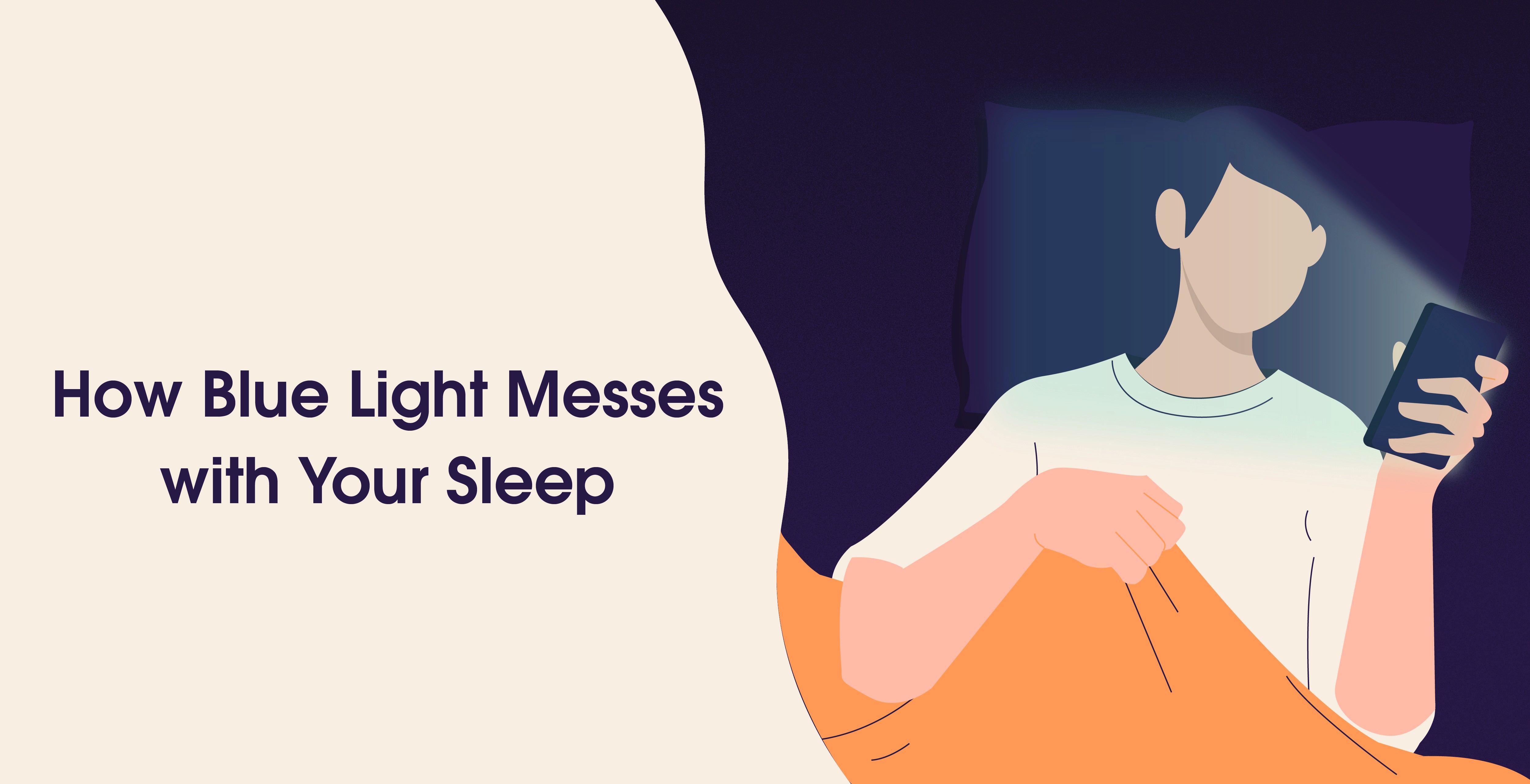


Table Of Contents
We’ve all been there. You're lying in bed, scrolling through your phone, and before you know it, it’s way past your bedtime.
You might think you’ll drift off easily after one last look at your screen, but surprise—you're suddenly wide awake. So, what's going on? Blame it on the blue light!
The same light beaming from your phone, tablet, or laptop., turns out, it’s not just your procrastination keeping you up—it’s the actual light from these devices playing tricks on your brain.
Highlights
Blue light from screens mimics sunlight, which helps us stay alert but can interfere with sleep at night.
Blue light delays melatonin production, making it harder to feel sleepy.
It can keep you awake longer by tricking your brain into thinking it’s still daytime.
Even after falling asleep, blue light can result in poor sleep quality.
Bad sleep affects focus, mood, and long-term health, increasing the risk of diseases.
Try to put away devices at least an hour before sleeping.
Most devices have night modes that reduce blue light exposure.
Special glasses can help filter blue light while using screens.
Exposure to natural sunlight during the day can help regulate your sleep cycle.
Swap screens for reading, meditation, or relaxing music to unwind before bed.
Blue light from screens may seem harmless, but it can seriously mess with your sleep. Making small adjustments can help you sleep better and wake up feeling more refreshed.
What’s the Deal with Blue Light?
Blue light is one of the many colors in the light spectrum. You get a ton of it from the sun, which is good as it helps you stay alert during the day. It’s kind of like nature’s energy drink. But at night? When it comes from screens? Not so much. Your body can’t really tell the difference between blue light from the sun and blue light from your phone, which is where things start to get complicated.
How It Messes with Your Sleep
Alright, here's the real kicker. Our bodies run on an internal clock called the circadian rhythm—which essentially tells you when to sleep and when to wake up. The hormone melatonin is in charge of that whole sleepy-time signal, and it usually ramps up in the evening when the sun starts to set. But when you’re staring at a blue-lit screen at night, your brain thinks it’s still daytime, so melatonin production gets delayed. No melatonin = no sleepiness.
What happens next?
Keeps You Wired
Blue light stops melatonin in its tracks, which means your body is left thinking it’s still daytime. It’s like trying to go to bed with someone constantly whispering, “Just one more episode” in your ear.
Pushes Your Bedtime Back
Have you ever noticed how you suddenly get a second wind after scrolling late at night? That’s blue light extending your awake hours. The more you scroll, the more awake you feel, and before you know it, it's 2 a.m.
Messes with Deep Sleep
Even if you finally manage to fall asleep after binge-watching or doomscrolling, blue light might still come back to haunt you. It’s been linked to poor sleep quality, so you might wake up feeling like you barely slept—even after a full night in bed.
Why Should You Care?
You might think, "So what? I’m young, I can handle a few rough nights.” But the truth is, poor sleep builds up like a bad habit. Sleep isn’t just about getting through the next day without yawning your way through meetings. It’s about keeping your body and mind in check. Lack of sleep can mess with your concentration, mood, and even your health long term—think heart diseaseprediabetes and diabetes, the works. So yeah, sleep matters. A lot.
What You Can Do About It
But don’t freak out just yet. There are ways to handle blue light without having to swear off screens completely (because let's be real, that's not happening).
Unplug Before Bed
Easiest fix? Set your phone down an hour or so before you hit the hay. Give your brain a chance to naturally unwind without the digital buzz.
Use Night Mode
Most phones, laptops, and even e-readers have a "night mode" that reduces the blue light and shifts the screen to warmer tones. It’s not a magic cure, but it’s definitely a step in the right direction.
Grab Some Blue Light Glasses
If you really can’t avoid screens in the evening, try blue light-blocking glasses. They cut down on the blue light hitting your eyes, so you can scroll a bit more guilt-free.
Soak Up Natural Light During the Day
Another pro tip—get outside during the day! Soaking up some natural sunlight helps reinforce your natural sleep-wake cycle, so your body knows when it’s time to sleep.
Chill Pre-Sleep Routine
Set the tone for sleep with something a little more chill than TikTok or Instagram. Read a book, try some light stretching, or just listen to music. Anything that helps you slow down and signal to your body that it’s time to call it a night.
Final Thoughts
We’re all guilty of overdoing it with screens sometimes, especially when the day’s winding down, and you just want to relax. But those innocent late-night scrolls? They’re doing more than just eating up your time—they're wrecking your sleep. It’s kind of wild how something as simple as light can throw your whole system off balance.
So next time you're tempted to dive into another episode, maybe think twice. A little screen discipline now can go a long way in making sure you wake up feeling refreshed tomorrow. And who knows, you might even start enjoying those long, restful nights. Catching some Z's might just become your new favorite thing.
References
We’ve all been there. You're lying in bed, scrolling through your phone, and before you know it, it’s way past your bedtime.
You might think you’ll drift off easily after one last look at your screen, but surprise—you're suddenly wide awake. So, what's going on? Blame it on the blue light!
The same light beaming from your phone, tablet, or laptop., turns out, it’s not just your procrastination keeping you up—it’s the actual light from these devices playing tricks on your brain.
Highlights
Blue light from screens mimics sunlight, which helps us stay alert but can interfere with sleep at night.
Blue light delays melatonin production, making it harder to feel sleepy.
It can keep you awake longer by tricking your brain into thinking it’s still daytime.
Even after falling asleep, blue light can result in poor sleep quality.
Bad sleep affects focus, mood, and long-term health, increasing the risk of diseases.
Try to put away devices at least an hour before sleeping.
Most devices have night modes that reduce blue light exposure.
Special glasses can help filter blue light while using screens.
Exposure to natural sunlight during the day can help regulate your sleep cycle.
Swap screens for reading, meditation, or relaxing music to unwind before bed.
Blue light from screens may seem harmless, but it can seriously mess with your sleep. Making small adjustments can help you sleep better and wake up feeling more refreshed.
What’s the Deal with Blue Light?
Blue light is one of the many colors in the light spectrum. You get a ton of it from the sun, which is good as it helps you stay alert during the day. It’s kind of like nature’s energy drink. But at night? When it comes from screens? Not so much. Your body can’t really tell the difference between blue light from the sun and blue light from your phone, which is where things start to get complicated.
How It Messes with Your Sleep
Alright, here's the real kicker. Our bodies run on an internal clock called the circadian rhythm—which essentially tells you when to sleep and when to wake up. The hormone melatonin is in charge of that whole sleepy-time signal, and it usually ramps up in the evening when the sun starts to set. But when you’re staring at a blue-lit screen at night, your brain thinks it’s still daytime, so melatonin production gets delayed. No melatonin = no sleepiness.
What happens next?
Keeps You Wired
Blue light stops melatonin in its tracks, which means your body is left thinking it’s still daytime. It’s like trying to go to bed with someone constantly whispering, “Just one more episode” in your ear.
Pushes Your Bedtime Back
Have you ever noticed how you suddenly get a second wind after scrolling late at night? That’s blue light extending your awake hours. The more you scroll, the more awake you feel, and before you know it, it's 2 a.m.
Messes with Deep Sleep
Even if you finally manage to fall asleep after binge-watching or doomscrolling, blue light might still come back to haunt you. It’s been linked to poor sleep quality, so you might wake up feeling like you barely slept—even after a full night in bed.
Why Should You Care?
You might think, "So what? I’m young, I can handle a few rough nights.” But the truth is, poor sleep builds up like a bad habit. Sleep isn’t just about getting through the next day without yawning your way through meetings. It’s about keeping your body and mind in check. Lack of sleep can mess with your concentration, mood, and even your health long term—think heart diseaseprediabetes and diabetes, the works. So yeah, sleep matters. A lot.
What You Can Do About It
But don’t freak out just yet. There are ways to handle blue light without having to swear off screens completely (because let's be real, that's not happening).
Unplug Before Bed
Easiest fix? Set your phone down an hour or so before you hit the hay. Give your brain a chance to naturally unwind without the digital buzz.
Use Night Mode
Most phones, laptops, and even e-readers have a "night mode" that reduces the blue light and shifts the screen to warmer tones. It’s not a magic cure, but it’s definitely a step in the right direction.
Grab Some Blue Light Glasses
If you really can’t avoid screens in the evening, try blue light-blocking glasses. They cut down on the blue light hitting your eyes, so you can scroll a bit more guilt-free.
Soak Up Natural Light During the Day
Another pro tip—get outside during the day! Soaking up some natural sunlight helps reinforce your natural sleep-wake cycle, so your body knows when it’s time to sleep.
Chill Pre-Sleep Routine
Set the tone for sleep with something a little more chill than TikTok or Instagram. Read a book, try some light stretching, or just listen to music. Anything that helps you slow down and signal to your body that it’s time to call it a night.
Final Thoughts
We’re all guilty of overdoing it with screens sometimes, especially when the day’s winding down, and you just want to relax. But those innocent late-night scrolls? They’re doing more than just eating up your time—they're wrecking your sleep. It’s kind of wild how something as simple as light can throw your whole system off balance.
So next time you're tempted to dive into another episode, maybe think twice. A little screen discipline now can go a long way in making sure you wake up feeling refreshed tomorrow. And who knows, you might even start enjoying those long, restful nights. Catching some Z's might just become your new favorite thing.
References
Table Of Contents
Table Of Contents
Table Of Contents
Read More
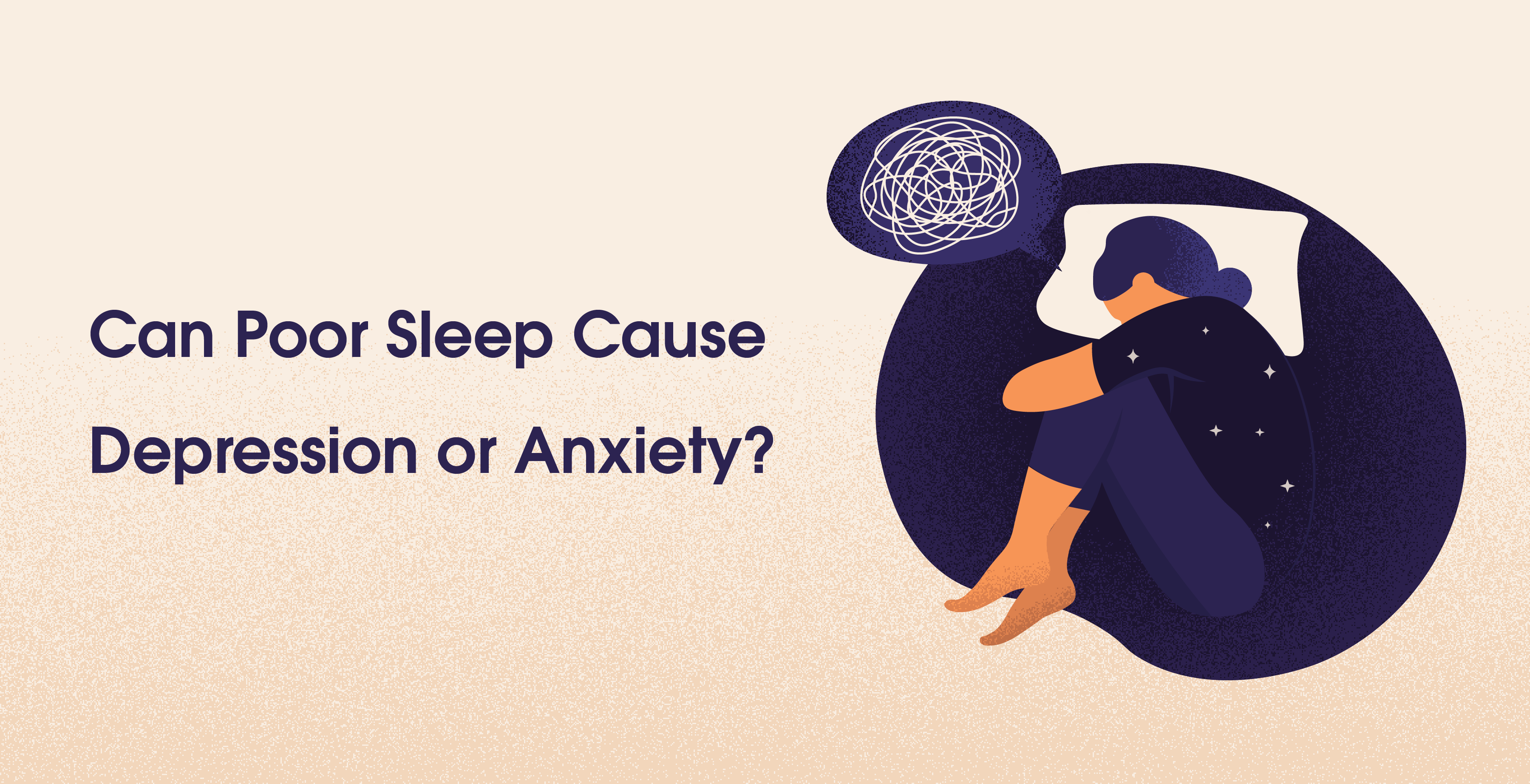

Jan 22, 2025
Sayfali Rawlani
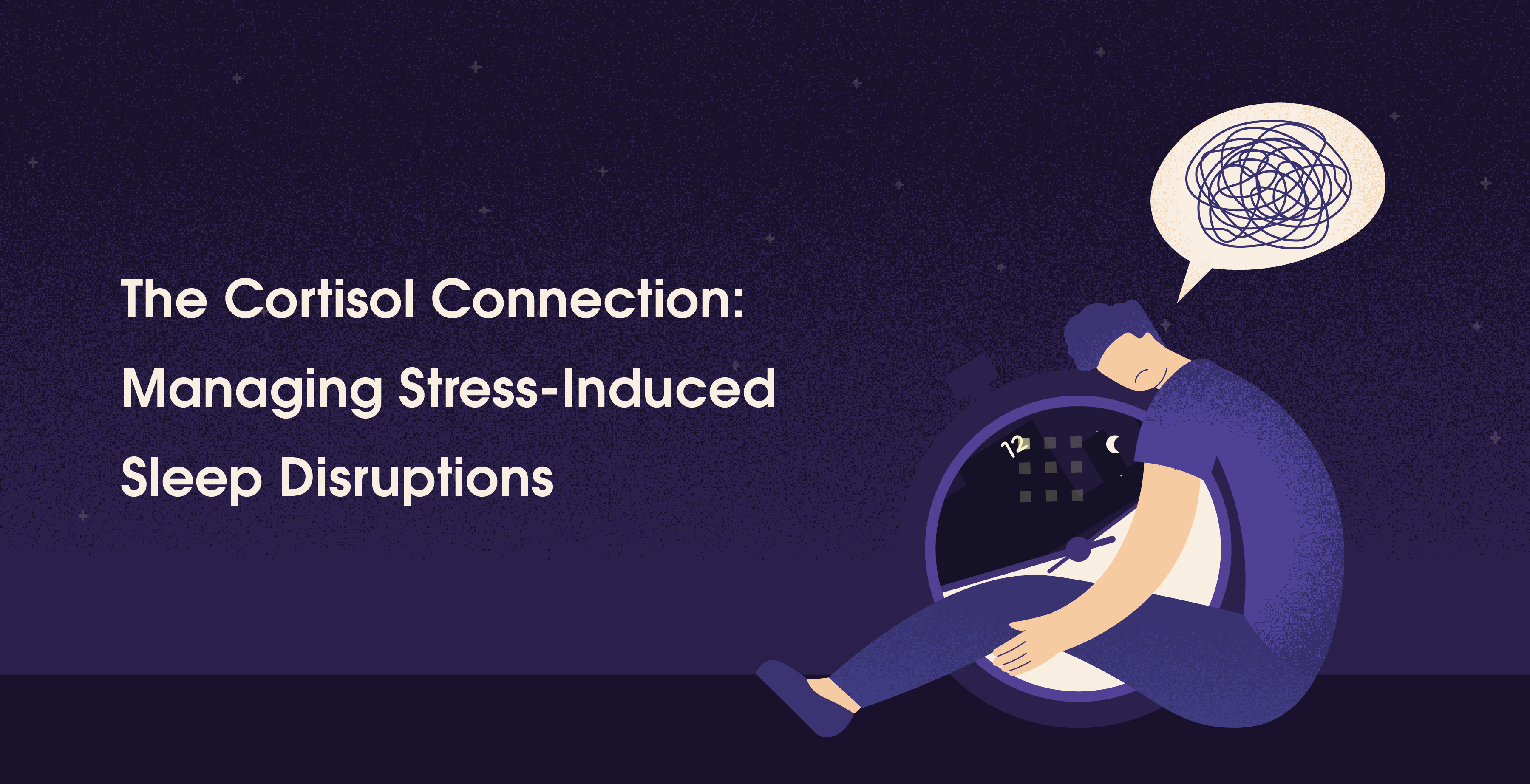

Jan 6, 2025
Aparna Hurtis
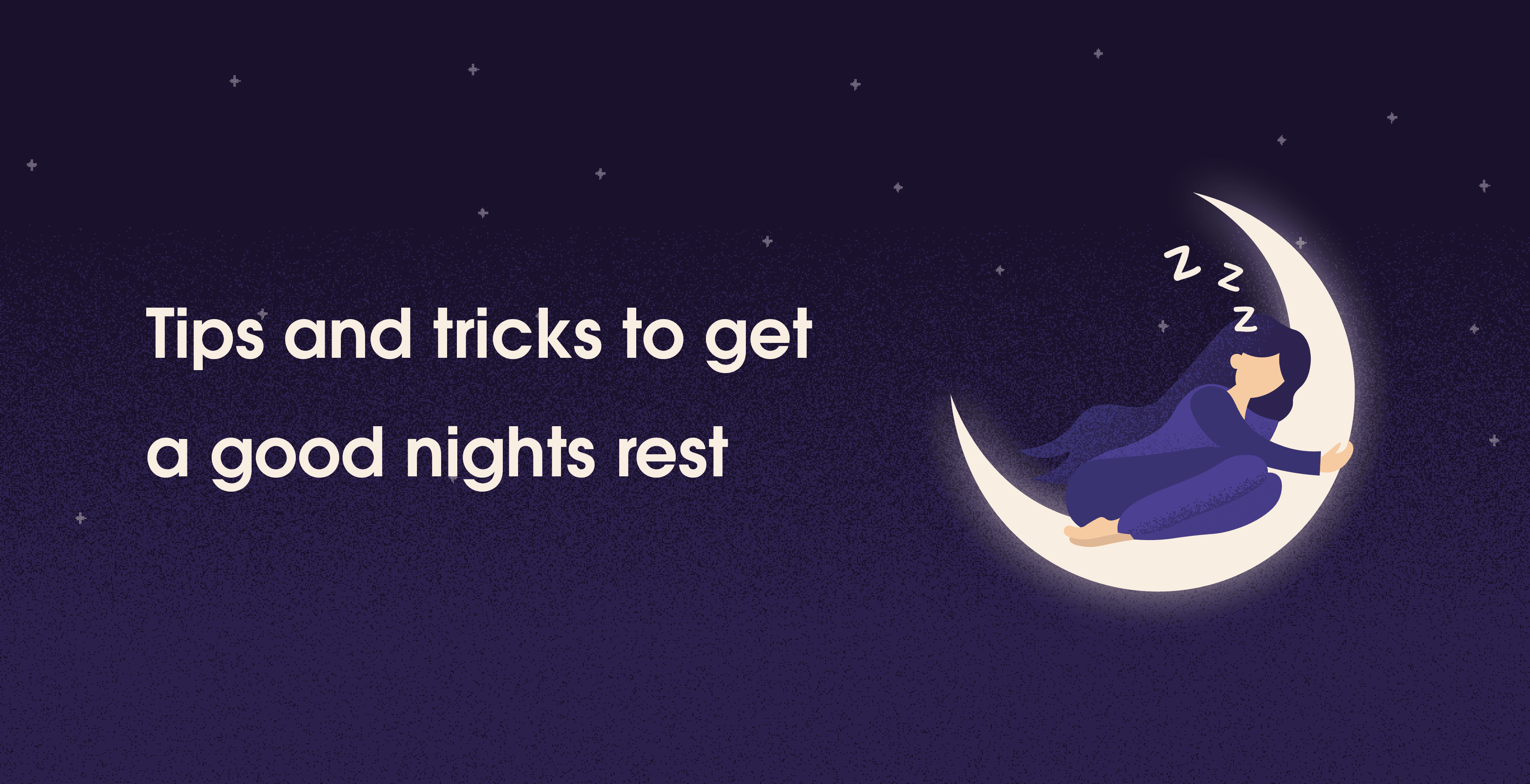

Nov 27, 2024
Sayfali Rawlani



Company
Copyright © 2025 trst health. All right reserved.

